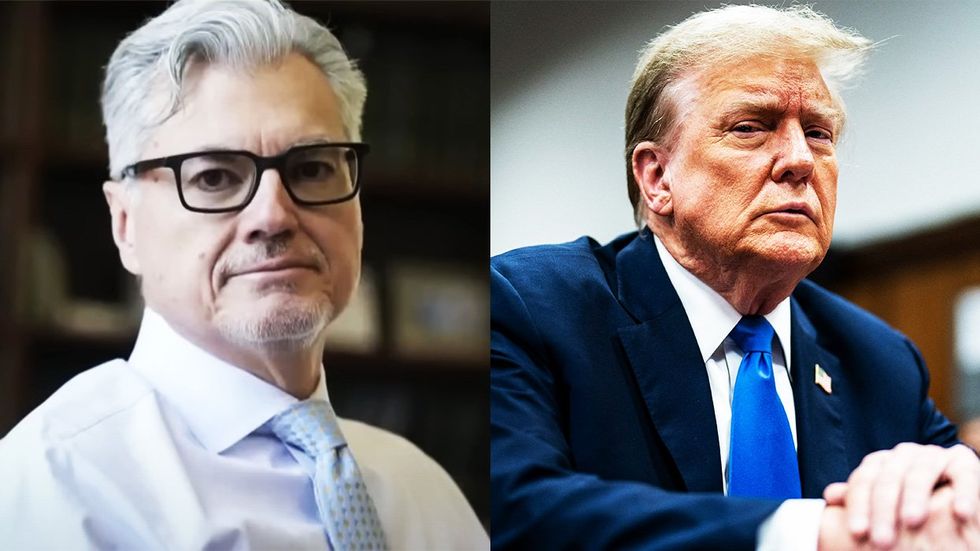The ongoing New York City criminal trial of former President Donald Trump over falsifying business records to cover up hush money payments presents a significant legal question: What would happen if Trump were jailed for contempt of court? According to prosecutors, this question has become urgent as Trump has reportedly violated a gag order multiple times.
What order is Trump accused of violating?
The order, imposed by Judge Juan Merchan, restricts public statements about witnesses, jurors, and attorneys involved in the case, not including Manhattan District Attorney Alvin Bragg. Merchan excluded himself from the gag order.
Prosecutors allege that Trump blatantly violated the court’s gag order by using his platform to attack key figures involved in his trial publicly. These violations include disparaging remarks about his former lawyer, Michael Cohen, and adult film actress Stormy Daniels, as well as criticisms that undermine the integrity of the legal process and the individuals connected to his case. According to prosecutors, these actions were deliberate attempts to influence the proceedings and contravene the gag order’s terms, which aim to maintain a fair and unbiased trial atmosphere.
The consequences of a contempt charge for Trump could vary. If Merchan finds that Trump’s actions constitute contempt of court, he could impose a range of penalties from a fine to short-term incarceration. The logistics of jailing a former president, however, are complex due to the continuous protection Trump receives from the Secret Service.
How would jailing Trump play out?
The Secret Service is preparing for all eventualities, including the potential need for secure detention facilities. When approached by ABC News for comment, the agency declined to discuss specific security plans but emphasized their comprehensive mandate: “Under federal law, the United States Secret Service must provide protection for current government leaders, former Presidents and First Ladies, visiting heads of state, and other individuals designated by the President of the United States. For all settings around the world, we study locations and develop comprehensive and layered protective models that incorporate state-of-the-art technology, protective intelligence, and advanced security tactics to safeguard our protectees. Beyond that, we do not comment on specific protective operations.”
The implications of actually jailing Trump, even temporarily, would be unprecedented. It would require meticulous coordination to ensure his safety and compliance with legal standards and potentially set a precedent for how the legal system can treat former presidents. Legal experts note that this situation tests the limits of judicial authority over a former president and could lead to significant legal and constitutional discussions.
Trump has continued to express his discontent with the proceedings, frequently criticizing Merchan on his social media platform, Truth Social. The judge heard arguments concerning Trump’s potential gag order violations on Tuesday and is expected to rule at any time. This backdrop sets a tense stage for the trial, which will resume on Thursday for its seventh day. The first witness scheduled to continue testimony is David Pecker, former publisher of the National Enquirer.
Why is Trump on trial in the first place?
The trial centers on allegations that Trump falsified business records to conceal a payment made to Daniels. This payment was purportedly intended to prevent Daniels from publicly discussing an alleged sexual encounter with Trump before his 2016 Presidential campaign. The trial scrutinizes the legality of the payment and its concealment, focusing on whether these actions were part of a broader effort to unduly influence the electoral process. The legal proceedings have revealed intricate details about “catch-and-kill” practices involving Trump’s associates and tabloid publishers aimed at suppressing potentially damaging stories ahead of the election.
As the trial progresses, the potential of Trump facing jail time for contempt adds a layer of gravity to the proceedings, highlighting the tension between maintaining judicial decorum and respecting the unique status of a former president. This case could influence future legal standards for high-ranking officials and emphasize the balance between political influence and judicial integrity.















































































